
The Interplay of Body, Brain, and Mind
Learn the importance of working on your body first to effect change in your brain and mind.
To optimize performance, it’s as important to train your psychology as it is to train your physiology. Understanding how to deal with issues such as anxiety, confidence, and resilience using tools like self-talk and mindfulness will make you a more complete athlete.

Learn the importance of working on your body first to effect change in your brain and mind.

Measured doses of discomfort can yield improvements to self-awareness, motivation, and resilience.

If Coach Holicky could boil sports psychology down to one concept, it’s being present in everything we do. We explore this concept and how it ties together mental toughness, motivation, and even pain tolerance.
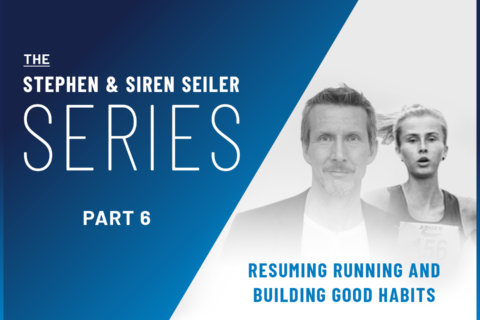
Siren Seiler talks about getting back into running and the importance of building good habits around training and recovery.
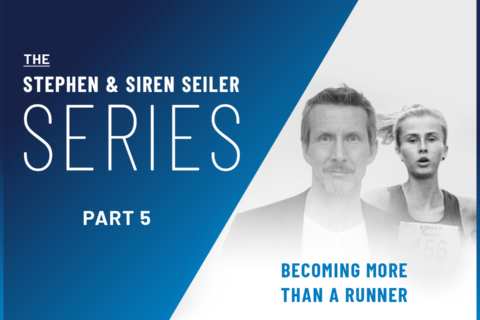
Siren Seiler talks about how building a life outside of running helps her navigate some tough times in her athletic career.

In this week’s Fast Talk podcast, we discuss the impact digital media can have on the physical, mental, and emotional health of athletes.

What is pain—and how can we learn to tolerate it in training and racing? We find out on our latest Fast Talk podcast where we’re joined by neuroscientist Dr. Scott Frey.

You know your workout is supposed to be easy, but you just can’t help dropping the hammer sometimes. A leading neuroscientist lifts the lid on what’s going on in your brain when this happens—and what you can do about it.
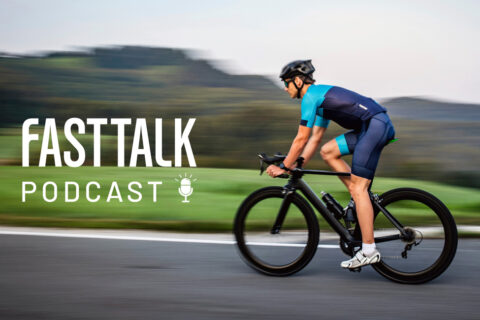
In this week’s episode, our hosts talk about the best work to do leading into the race season, getting meditative during intervals, and preparing for an epic event.

In this week’s show, we talk about how we deal with the stress of competition, whether threshold intervals are old news, and the mental side of dealing with health setbacks.

It can be challenging when athletes aren’t compliant or lack motivation, but it can also be a great opportunity for change or growth.

Encouraging your athletes to build self-awareness can bring a myriad of benefits, some more obvious than others.

Understanding your sources of motivation can be key to achieving your athletic potential, yet it’s a topic that can also be surprisingly complex. We talk with mental performance expert Sonya Looney on how to find your motivation.
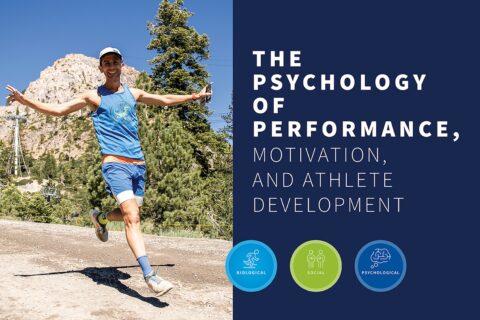
Explore the psychological and social side of performance with the help of experts who specialize in sport psychology, mental performance, and athlete development.
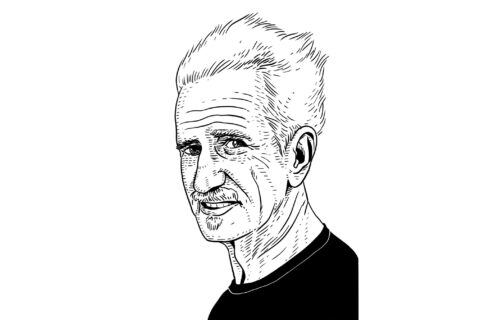
A rigorous, holistic approach to mental and physical training steeped in high-intensity sessions and hill running at a beachfront property would likely appeal to today’s athlete. This Australian running coach was ahead of his time.
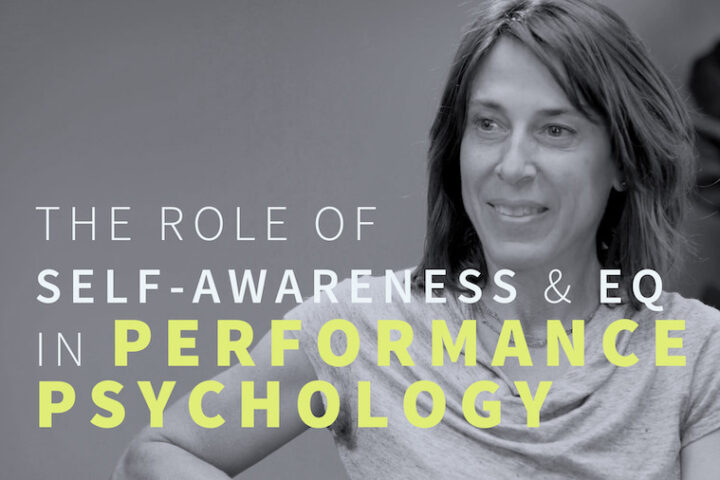
Dr. Julie Emmerman joins Emma-Kate Lidbury to talk about the role that self-awareness and emotional intelligence can have in performance psychology.

Much to the surprise of some coaches, mental performance expert Jeff Troesch argues that you can have commitment from your athletes without trust. He explains how—and why—this is important.
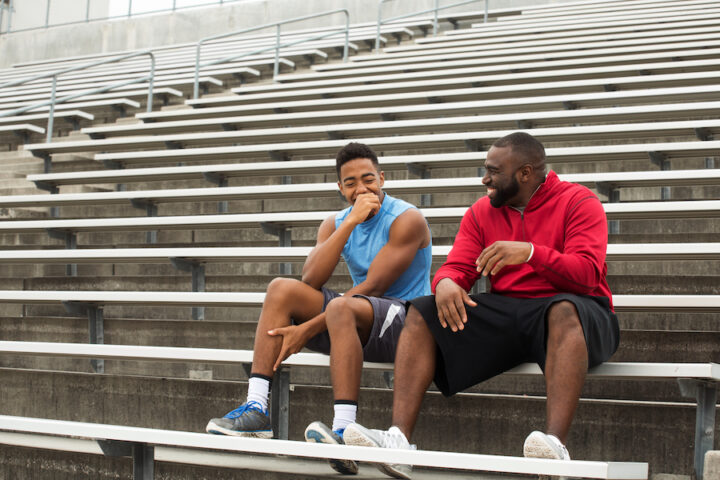
The degree to which you cultivate a positive coach-athlete relationship will enhance your athletes’ race performances—and help you retain them as clients.